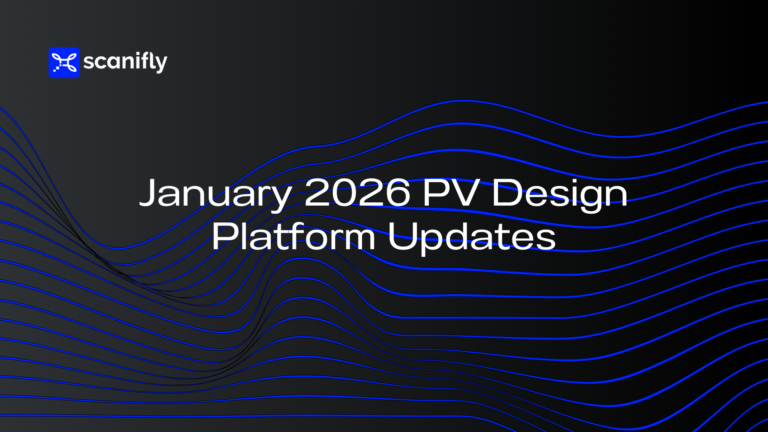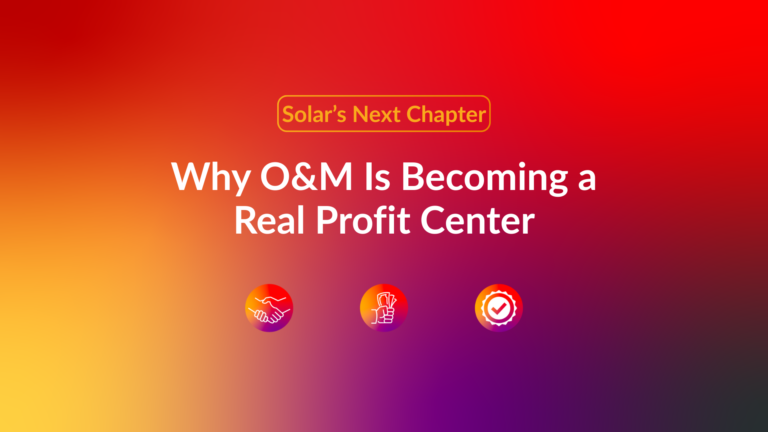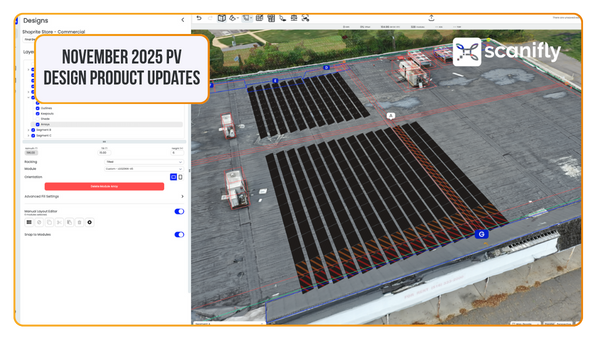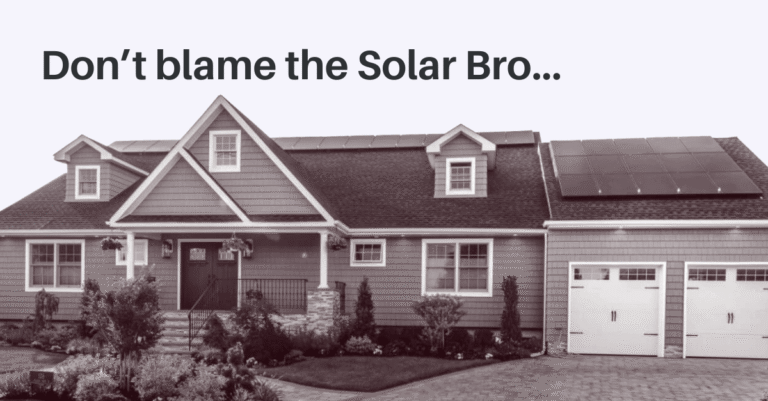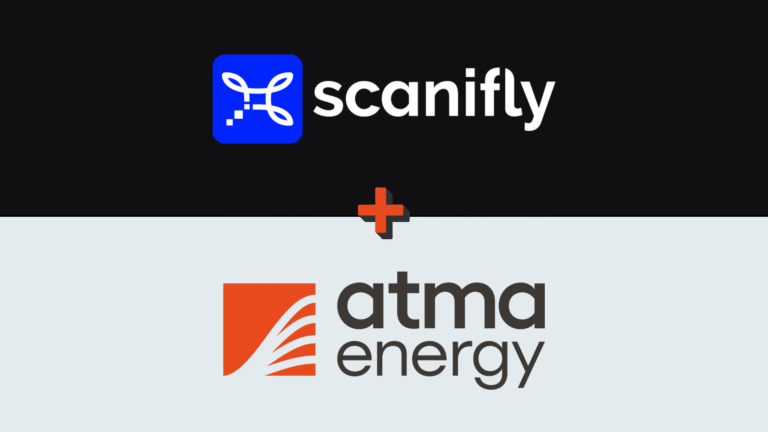In solar, drones are a powerful measurement and data collection tool.
Sometimes, those measurements are highly nuanced, such as using thermal drones for O&M use cases. Other times, you just need beautiful imagery for marketing purposes.
If you’re also forced to buy a specific drone, especially from your software provider, there’s a chance you’re not always getting the optimal outcome.
It’s not that any one drone model is necessarily bad. Instead, it’s about empowering you to decide what works for your use cases, your team, and your wallet.
1. You could be overcharged in two different ways
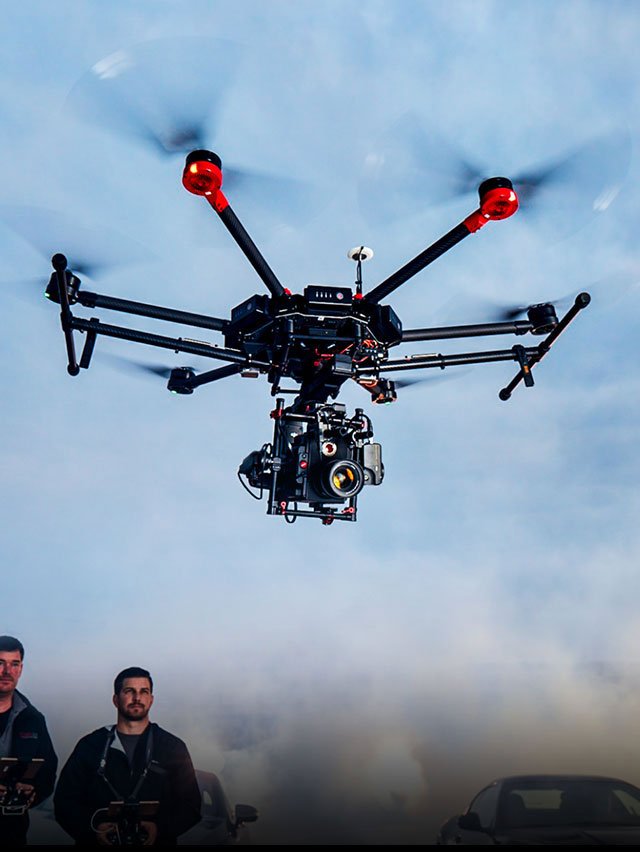
When you’re forced into a specific drone, you end up paying more in one of two ways:
1. A marked-up premium: Companies that force you to choose a specific drone often add a markup, which they explain by saying they’ve customized the drone to work with their software.
This means potentially higher upfront and higher maintenance costs—plus the problems that can happen if a software company tampers with the hardware or sensors (more on that below).
2. More drone than you need: Some platforms force you to buy drones that cost up to $4,000, which only make sense in more sophisticated use cases. Anything else—such as conducting regular site surveys or collecting marketing imagery—and you’re overpaying.
You could also end up with a double whammy: being forced to buy more drone than you need and paying a marked-up premium for the privilege.
2. You may not get the features you need
A platform that forces you to use a specific drone means you’re also stuck using the features they want to provide:
-
The drone may not work for—or may not be well-suited to—your needs and use cases.
-
The drone might be refurbished, which could lead to inaccuracy and being unable to trust the data collected.
-
The feature set might be different: In solar surveying specifically, that means you may not be able to do point of interest (POI) flight paths, take manual control of the drone, or trust the camera gimbal to be accurate.
While all solar projects have commonalities, different regions, and Contractors may take a more specific approach. You should be able to choose the features that make sense for your use case, and you shouldn’t be stuck with the risks of an old, second-hand, or refurbished drone.
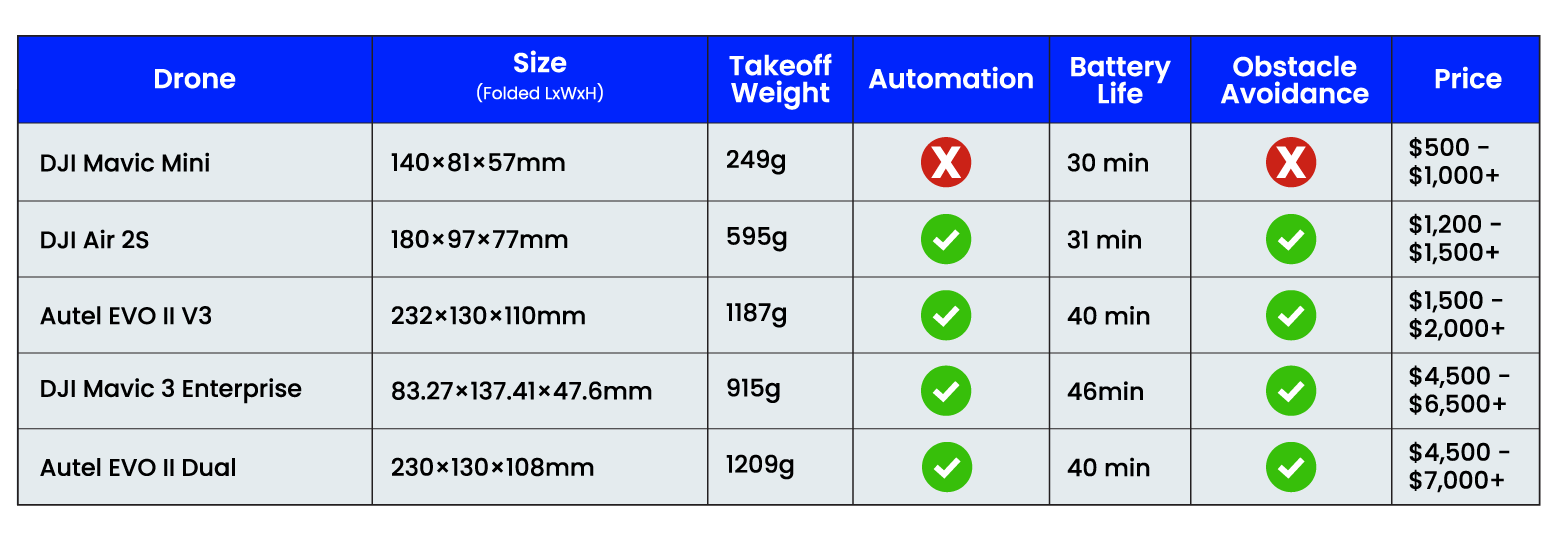
3. You may not get the warranty and maintenance you need
If drones are doctored—like when a software platform “customizes” a drone—the manufacturer typically won’t stand by its specs, features, or warranty.
If the drone breaks, you can’t buy a new one off the shelf; you have to wait for the software platform support team to sell you a new one.
You could get ahead of this problem by pre-buying extra drones, but that’s a huge additional expense.
Technology works for you, not the other way around
Making an investment in technology is a key part of business growth, but only when that technology serves your needs.
Buying software that forces you to use a certain drone in a specific way is not the right approach. It offers some short-term benefits, but it does not truly achieve a comprehensive level of quality and customer experience.
When that happens, the investment starts to seriously lose its ROI. It’s much better to invest in technology that gives you the features you need and empowers you to use them in a way that works for your business.


